(To Quoc) - Apply the accreditation process to training programs at all levels of university education and training programs at the college level of pedagogy. Adjust the criteria assessment levels from 1-7 points to the level of passing and failing.
On February 17, 2025, the Ministry of Education and Training (MOET) issued Circular No. 04/2025/TT-BGDDT regulating the accreditation of university training programs (Circular 04) replacing the current related Circulars on accreditation of university training programs.
Circular 04 consists of 5 chapters and 46 articles, built on the basis of updating the training program assessment standards version 4.0 of the Quality Assurance Organization of the ASEAN University Network for Quality Assurance (AUN-QA) and is suitable for the practical conditions of higher education in Vietnam.
The new circular ensures international and regional integration in quality assurance and accreditation, especially in the context that the Ministry of Education and Training is developing a report to reference Vietnam's National Qualifications Framework with the ASEAN Qualifications Reference Framework and amend and supplement Vietnam's National Qualifications Framework, implementing Decision No. 78/QD-TTg of the Prime Minister on quality assurance and accreditation of higher education.
Circular 04 has abolished the regulations on standards for assessing the quality of training programs in some specific fields and distance training in previous Circulars because the regulations are no longer suitable and incompatible with the current assessment methods of criteria, standards, and training programs.
The new circular applies the accreditation process to training programs at all levels of university education and training programs at the college level of pedagogy. Adjust the criteria assessment levels from 1-7 points to the level of passing and failing, have mandatory criteria and conditions to meet the passing level, adjust the number of standards and criteria accordingly.
The self-assessment, external assessment, appraisal and recognition processes in the Circular are specifically and step-by-step detailed to be more rigorous and scientific, incorporating the contents of current guidance documents into the Circular. In particular, the permanent members have been removed, the number of members of the external assessment team has been adjusted, and the regulations on supervisors and interns of the external assessment team have been made clearer to facilitate the participation process at higher education institutions.
The new circular removes the requirement to seek opinions from the Department of Quality Management (Ministry of Education and Training) for self-assessment reports on training programs; adds content on periodically reviewing, evaluating, supplementing, and adjusting quality improvement plans for training programs in the regulations on activities that need to be implemented after completing the self-assessment report.
Add details on the types of records that need to be kept according to the steps of the self-assessment and external assessment process. Specify in detail the responsibilities of the head of the external assessment team and the working principles of the external assessment team.
Compared with previous regulations, Circular 04 provides more detailed regulations on the activities of education quality assessment organizations and education quality assessment councils in assessing and recognizing assessment results.
More clearly define the responsibilities of training institutions for external assessment activities; add a deadline for training institutions to respond to educational quality assessment organizations in requesting consideration of recognition of educational quality standards. At the same time, specify the reporting regime and information updating in the software for managing the educational quality assurance and assessment system.
The new Circular has integrated the instructions into an appendix issued with the Circular, thereby facilitating relevant parties, not creating additional guidance documents and ensuring consistency in implementation at higher education institutions and accreditation centers.
The forms of the university training program accreditation regulations have also been shortened and improved to suit practical requirements, facilitate implementation, and still ensure compliance with current regulations and serve management work.
In Circular 04, the Ministry of Education and Training only regulates core issues such as: standards, minimum requirements as well as general assessment methods for criteria, standards and training programs, expanding the rights of accreditation organizations in professional work in assessment and making recommendations for each appropriate higher education institution in continuous quality improvement. In particular, education quality accreditation organizations are regulated in more detail on the levels of meeting and not meeting criteria requirements, and at the same time, develop detailed assessment guidelines to help training institutions know the current situation to improve the quality of training programs.
Source: https://toquoc.vn/ban-hanh-quy-dinh-moi-ve-kiem-dinh-chuong-trinh-dao-tao-trinh-do-dai-hoc-20250218185354848.htm


![[Photo] A long line of young people in front of Nhan Dan Newspaper, recalling memories of the day the country was reunified](https://vstatic.vietnam.vn/vietnam/resource/IMAGE/2025/4/28/4709cea2becb4f13aaa0b2abb476bcea)
![[Photo] Special supplement of Nhan Dan Newspaper spreads to readers nationwide](https://vstatic.vietnam.vn/vietnam/resource/IMAGE/2025/4/28/0d87e85f00bc48c1b2172e568c679017)

![[Photo] Prime Minister Pham Minh Chinh receives Cambodian Minister of Commerce](https://vstatic.vietnam.vn/vietnam/resource/IMAGE/2025/4/28/be7f31fb29aa453d906df179a51c14f7)
![[Photo] Signing ceremony of cooperation and document exchange between Vietnam and Japan](https://vstatic.vietnam.vn/vietnam/resource/IMAGE/2025/4/28/e069929395524fa081768b99bac43467)

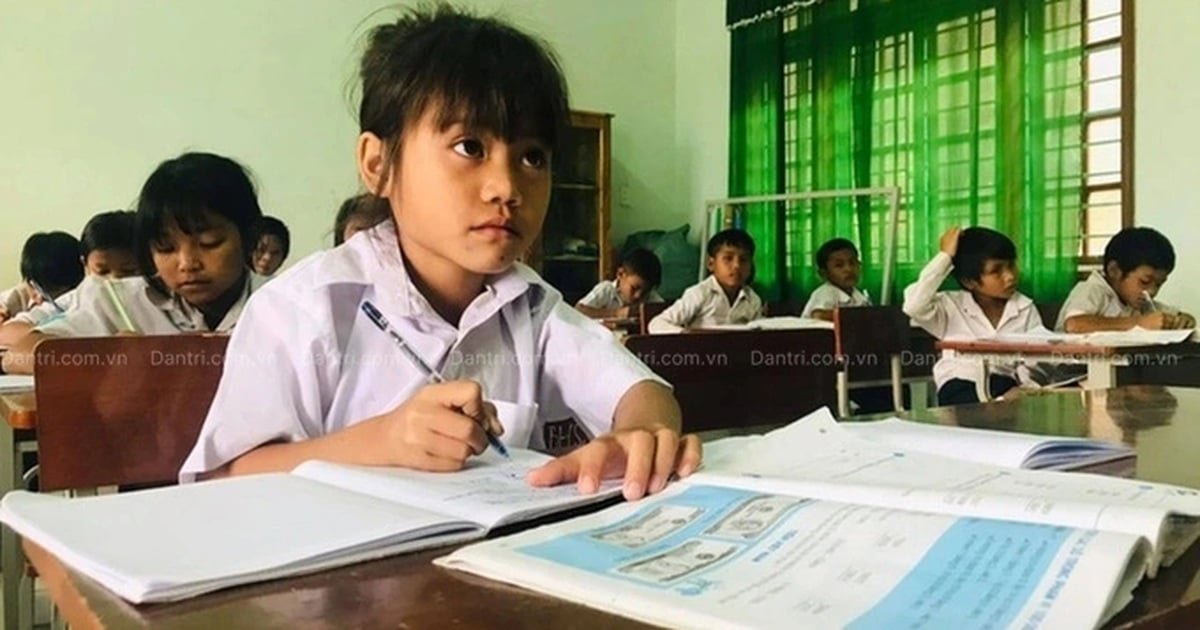







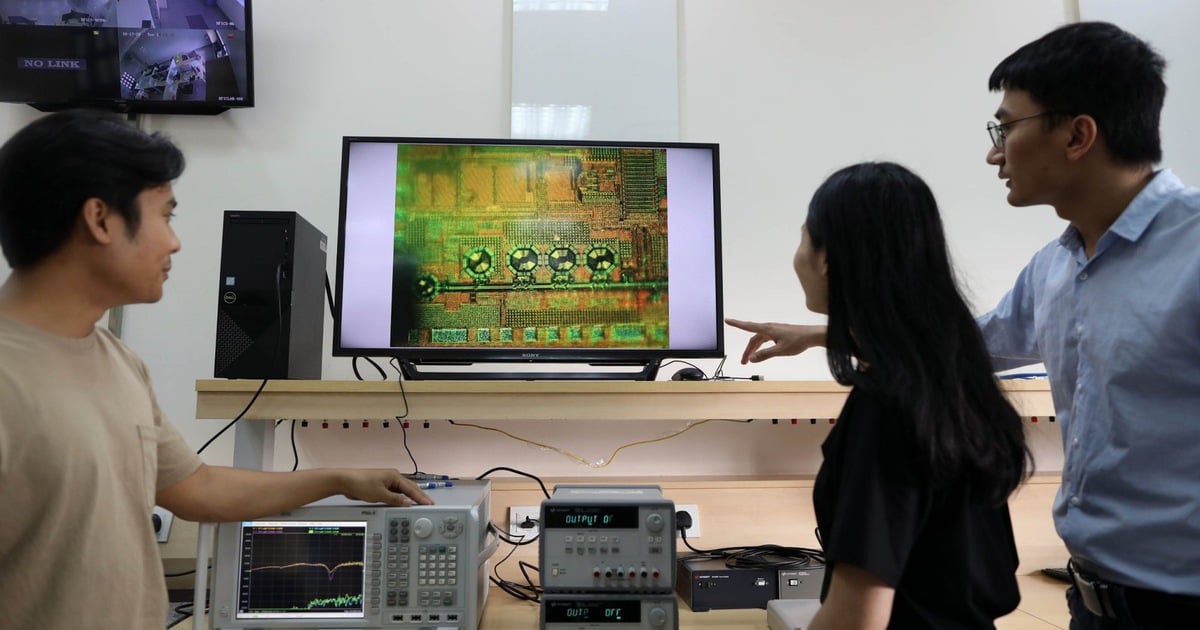


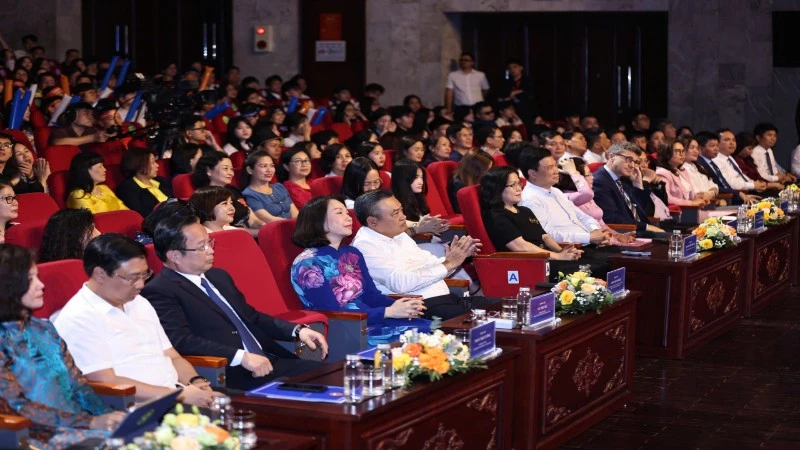
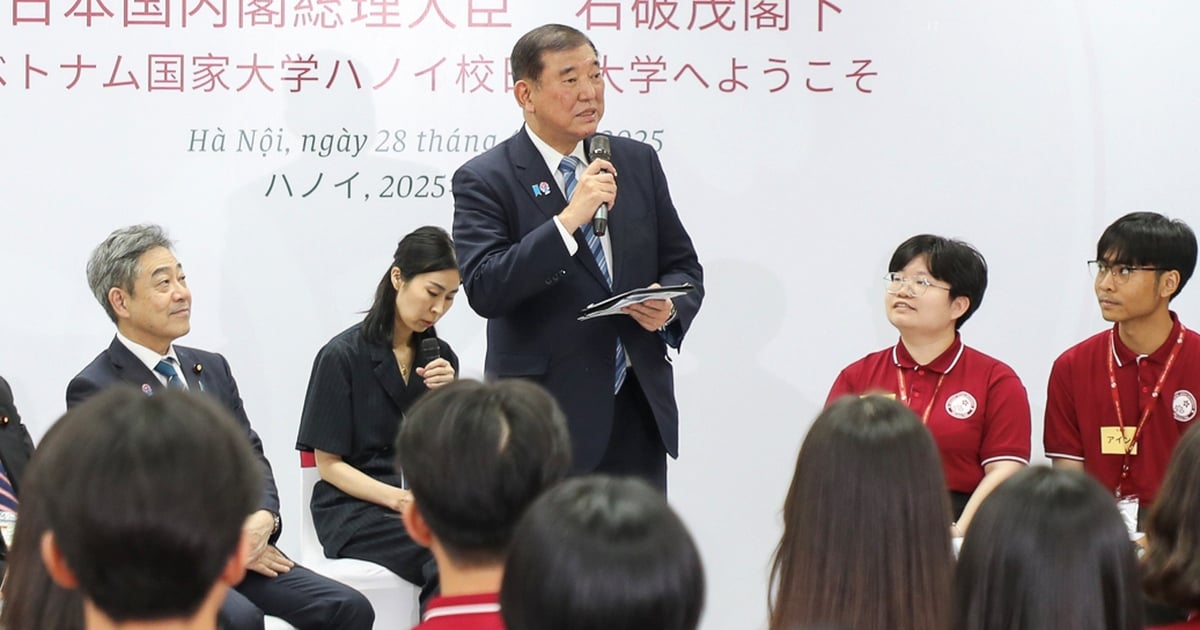
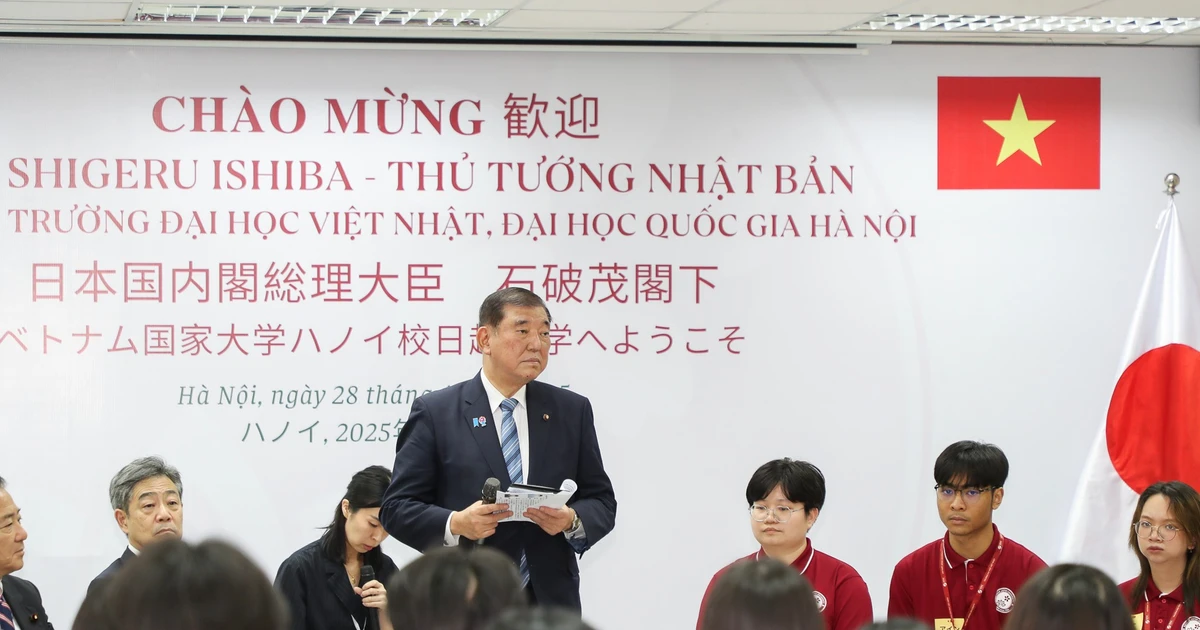


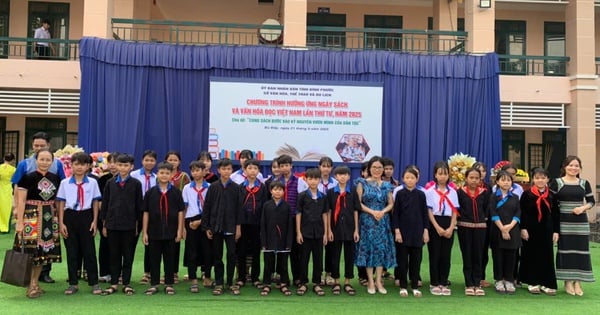






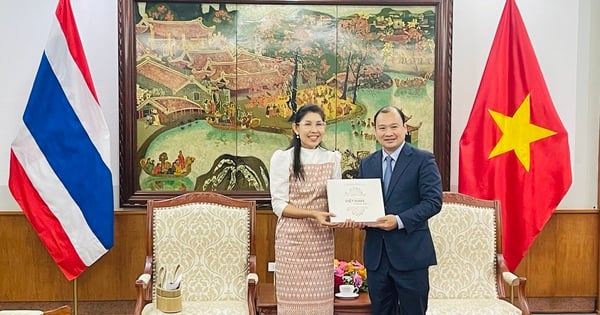
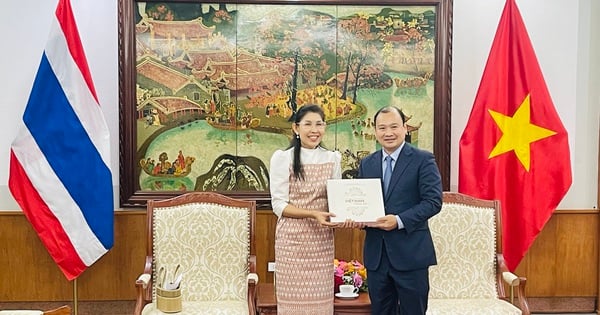
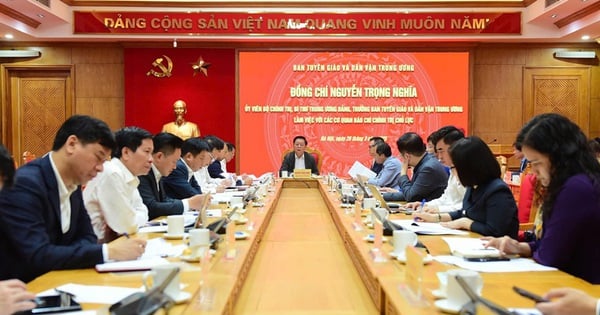

![[Photo] People lined up in the rain, eagerly receiving the special supplement of Nhan Dan Newspaper](https://vstatic.vietnam.vn/vietnam/resource/IMAGE/2025/4/28/ce2015509f6c468d9d38a86096987f23)







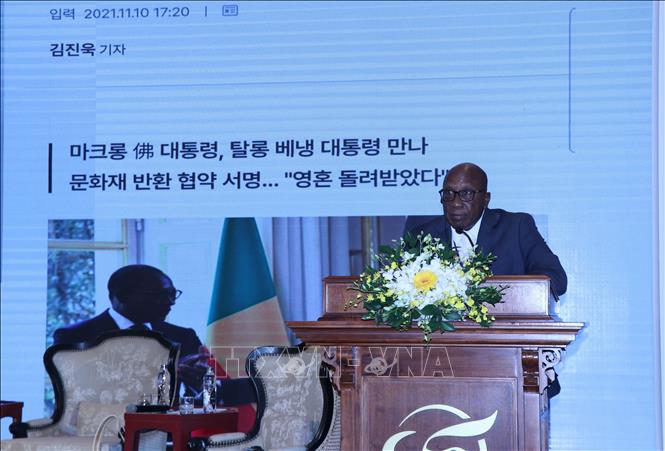

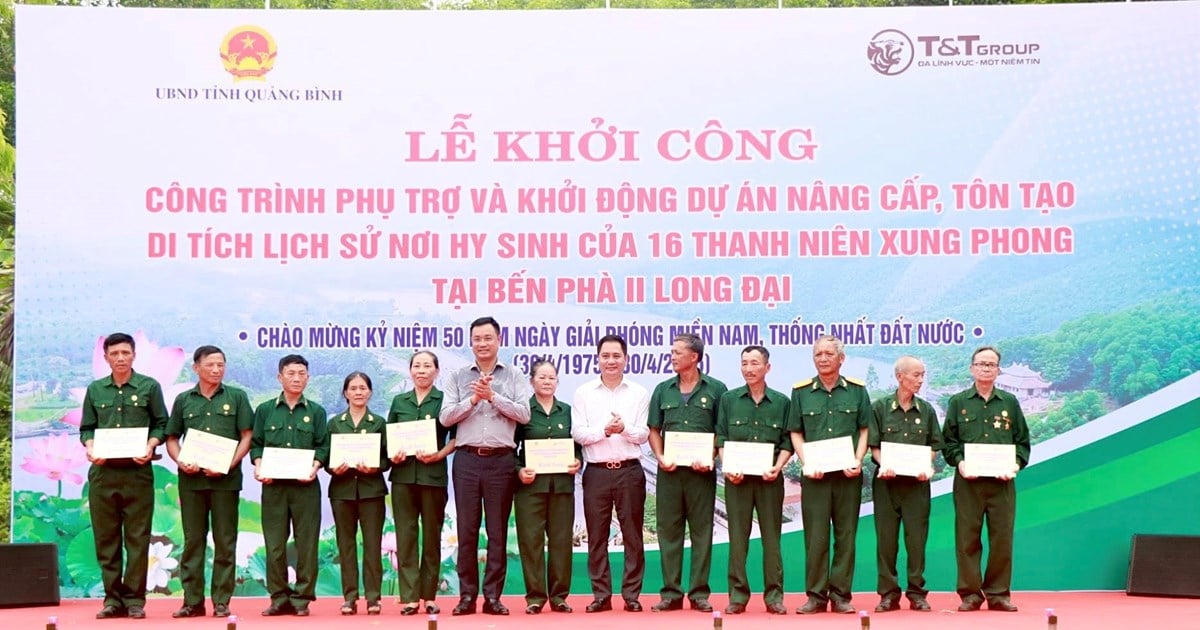


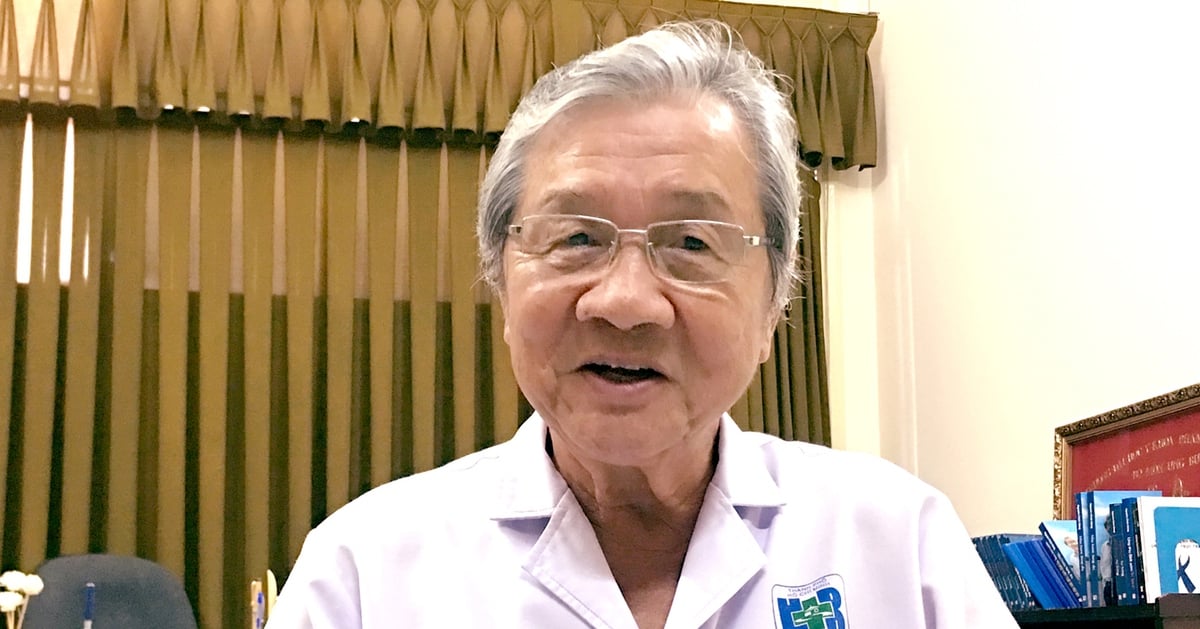











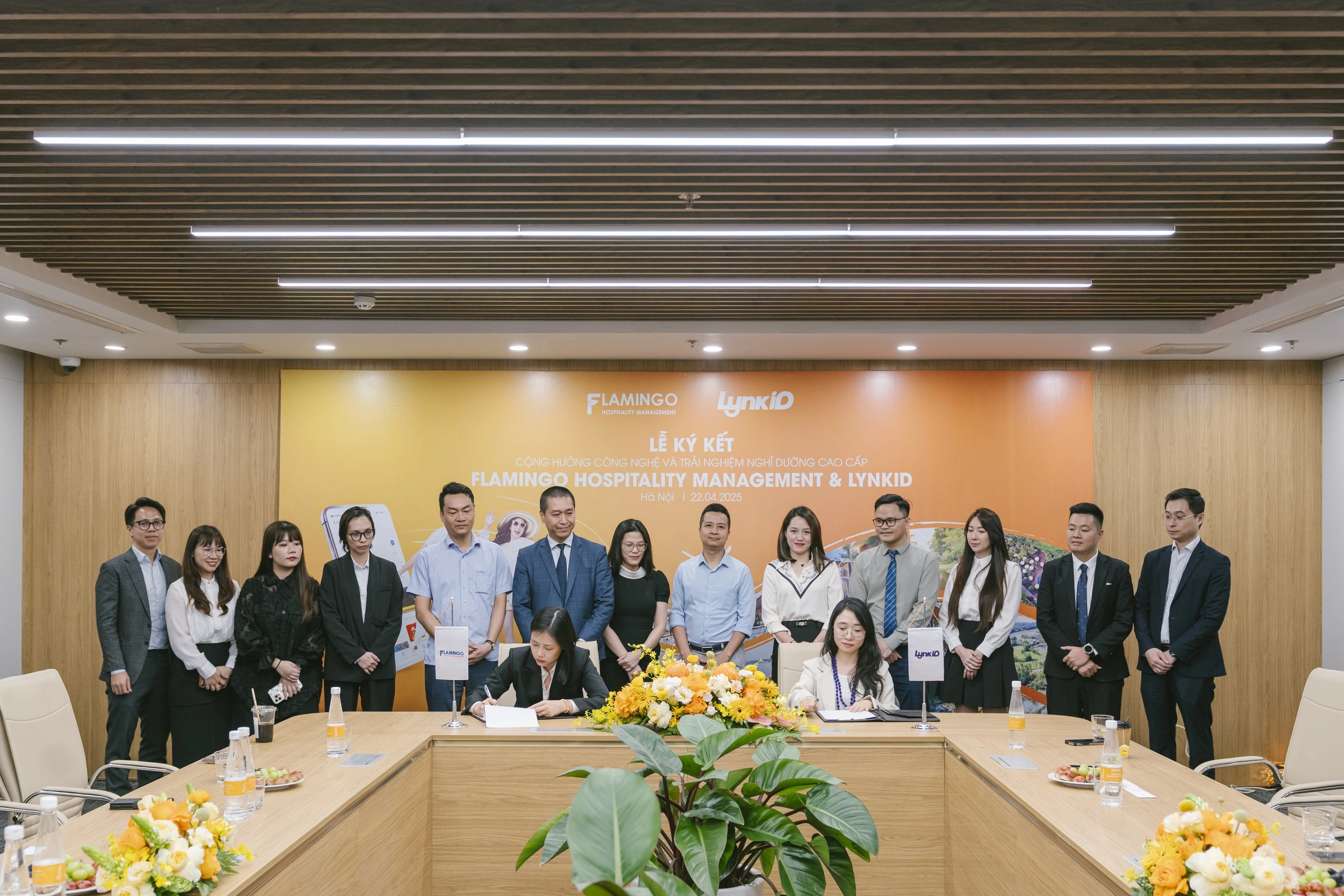
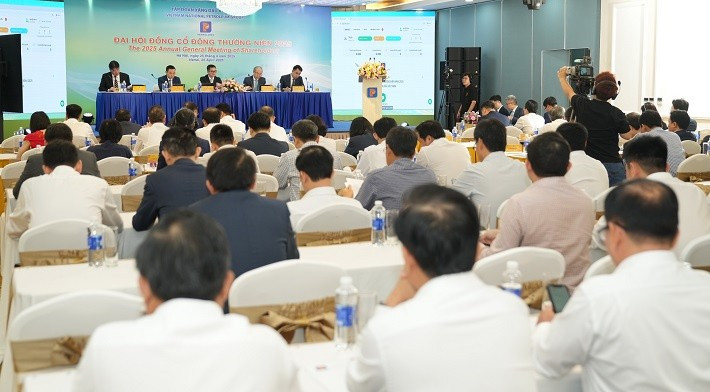

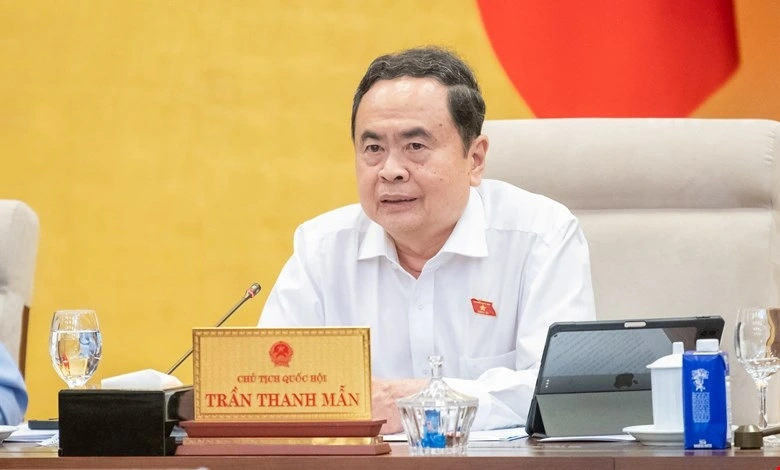

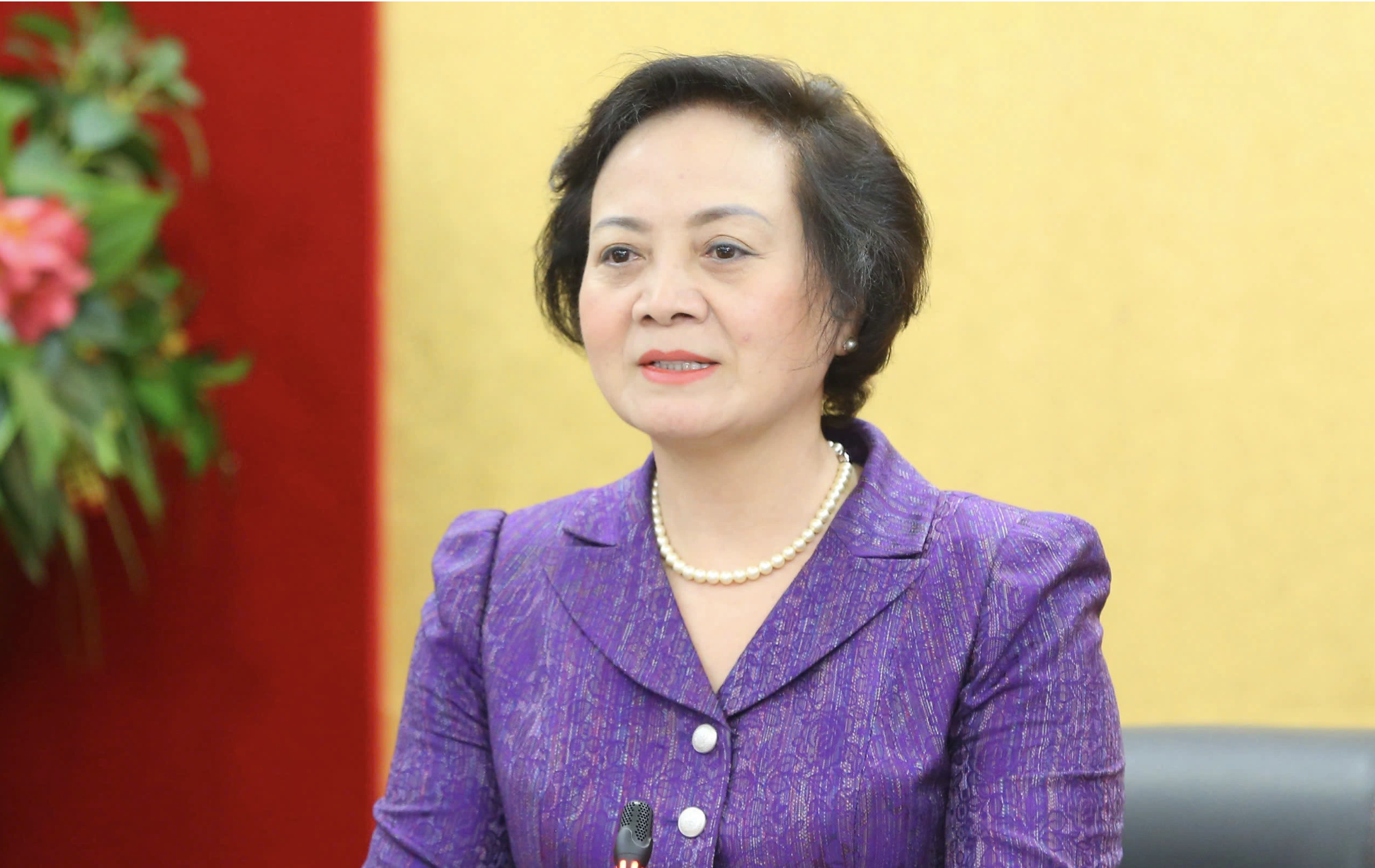




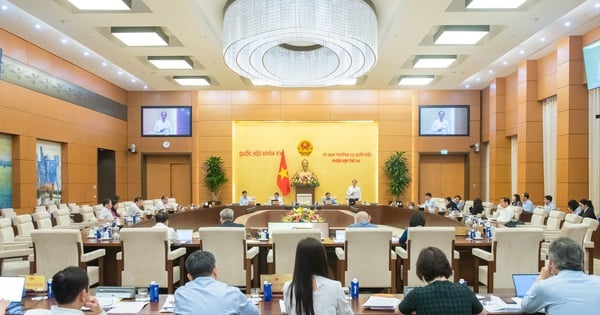









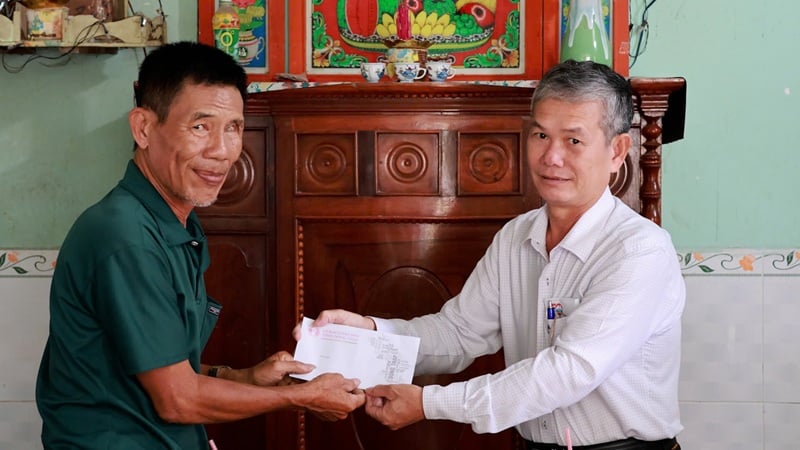


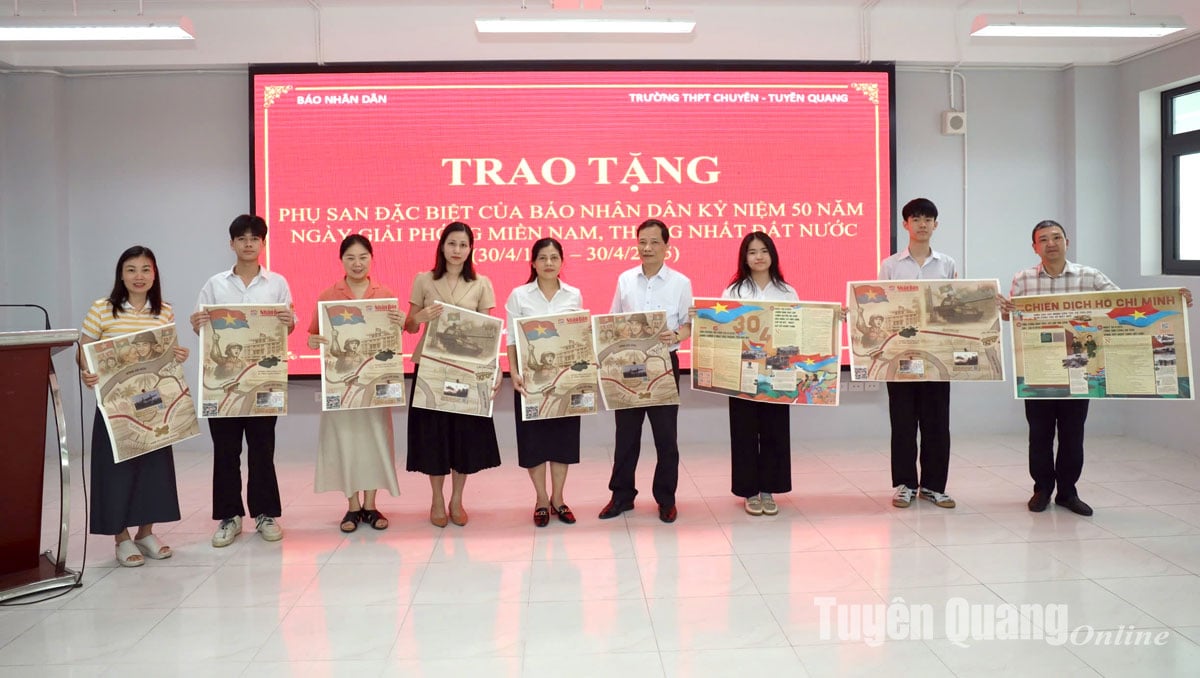





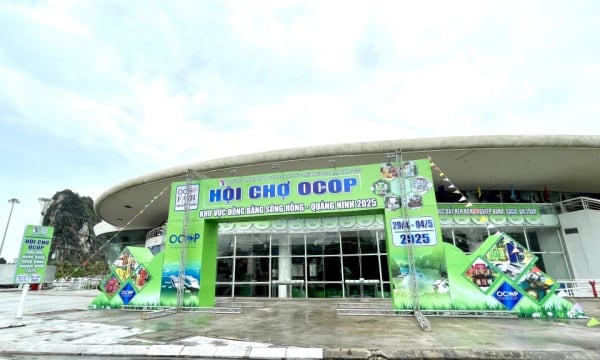








Comment (0)